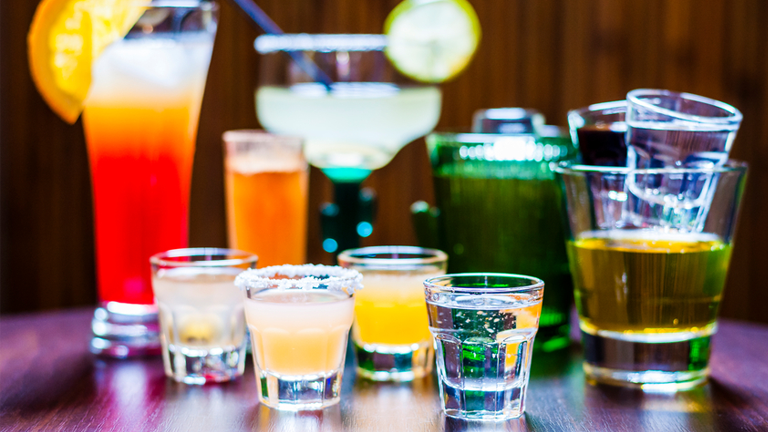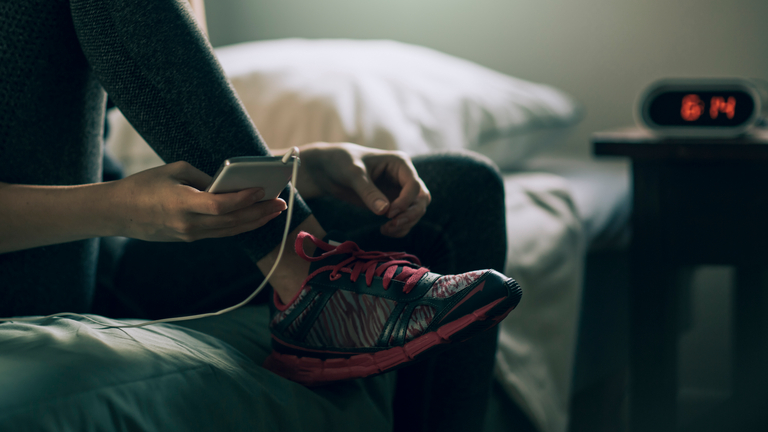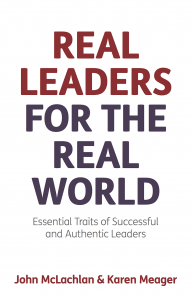From overeating to gambling, sex to social media, addictive behaviour can strike anyone. Karen Meager, psychotherapist and Neuro-linguistic programming (NLP) trainer tells us how we can overcome ours
Addictive behaviour is one of the hardest things to overcome, and yet beating our addictions is probably the single most effective strategy that will make a difference to how we live. From sex to social media, food to drinking, smoking to drugs, addictive behaviour comes in all forms and is super-common.
Recently, there has even been a growing number of children who are addicted to online gambling. About 55,000 children in Britain are classified as having a gambling addiction – with experts believing online gaming and targeted adverts to be the culprits. As a result, the NHS is set to open its first gambling clinic for children in September.
The following four steps are from the powerful interventions we use in Neuro Linguistic Programming (NLP) to overcome addiction.
1. Identify your triggers
All habits are triggered by something – so what are yours? Whether it’s smoking or food, something always triggers you to take the addictive action. Often we focus on the behaviour itself whereas in NLP we learn that if you can discover what triggers your addiction then you can address the trigger which dissolves the strategy and breaks the habit.
Possible triggers include:
TIME OF DAY
Your mind is triggered by a certain time or activity (like a work break) to have a cigarette. Usually you say something to yourself like ‘It’s time for a cigarette’ which your brain associates with smoking. This is being triggered by your internal self talk, once you know this you can learn to say something different which doesn’t trigger the behaviour, like ‘It’s time for a break’ and take a walk or have a cup of tea instead.
SOMETHING YOU SEE
This is common for all addictive behaviours where you see the bottle of wine on the kitchen side, the packet of cigarettes or the chocolate in the cupboard. The visual trigger starts the addictive behaviour because your brain associates the visual image with the feeling of pleasure and then you automatically reach for that thing you want to avoid. To help prevent this keep visual triggers out of sight. Make sure you don’t have certain things in the house, if you have to leave the house to get them it will be less worth it. It also helps to have your family on board so that they aren’t triggering these things for you, perhaps ask them to support you and not consume these triggering things in your company.
Interrupting triggers won’t solve addictive behavior overnight, but disrupting them will help you to break to pattern.
MORE: How to lose weight – a top nutritionists MUST-DO’S
Punishing yourself for your addictive behaviour will only make you feel worse
2. Work out what you need instead
It’s a common myth that punishment results in long-term behavioural change. It doesn’t. Punishing yourself for your addictive behaviour will only make you feel worse, which will only lead to more addictive behaviour. We all have a rebel in us that hates being told off, so instead observe yourself and get curious about what’s happening to you when your addiction comes on. How are you feeling? What thoughts are going around your head before, during and after? Are there themes? However destructive it can feel, all behaviour is trying to do something useful for us at some level, so if you identify that, you can find other ways to fulfil that need in a more healthy and helpful way.
Smoking habits are often about relaxation, how else could you fulfil that need for relaxation? It needs to be something absorbing or physical not just sitting in front of the TV.
Alcohol addictions are often to do with escapism or stress relief. Alcohol is dangerous because at a certain level of addiction the only solution is to never drink again. If you would still like the occasional social drink, get on top of it before it’s too late.
Procrastination, which is also an addiction, is often to do with fear of failure or risk aversion. The best way to break this is to take small risks first so that your brain doesn’t freak out and freeze. Start with actions with low levels of consequence if they go wrong, like buying something new to try for dinner. Before moving onto the big things. Over time you will train your brain that risks are OK.
Food addictions are often about self worth or feeling loved. Food in our stomach triggers that warm fuzzy feeling of love and appreciation so our brain can mistake one for the other. It’s why dieting is so hard for many people.
MORE: 9 ways food pairing could boost your health
3. Create healthy habits to replace it
It is easier to start doing something new than to stop something and if by stopping we leave a vacuum, it is much easier for people to fall back into addictive behaviour. Whenever you are stopping an addictive behaviour look at your whole life pattern and see what you can do differently to create healthy habits. Here are some top tips from clients who have done this successfully:
‘Instead of exercising in the morning, I changed to evening fitness classes. This stopped me reaching for the red wine as soon as I walked in the door at least twice a week which was key to breaking the habit.’
‘I always had at least two equally quick and tasty options available for every meal. A common excuse I had was that I didn’t fancy the healthy meal I had planned, so by giving myself a choice, I overcame my excuse and soon I was making better meal choices easily’
‘When giving up smoking, I completely changed my daily routine to disrupt my thinking patterns around cigarettes. This took a lot of effort, even spending less time with certain friends for a while. I took time eating lunch in the restaurant rather than rushing down a sandwich to then hurry outside for a smoke and got a personal trainer so that I could also get motivated by feeling fitter as I withdrew from cigarettes’
4. Learn to relax and release tension
Tension is unconscious and catching, we are often unaware of how tense we are. In todays hectic society, tension is a very common cause for addictive behaviour. Tension is the glue that keeps our addictive behaviours in place. The more tense we are, the fewer good brain chemicals we have available to us, so our thinking is less clear and we make bad choices. Consistently making bad choices is a perfect example of addictive behaviour. Becoming more tense as a result of your addiction will only make things worse. As well as working on breaking the habit, it is important to learn to relax more generally and this will help unglue the addiction.
Learn to keep focused on whatever you are doing ‘right now’
How can I relax?
MORE: 10 tips for being mindful that will change your life
- Be present – rather than dwelling on the past, anticipating what’s going to happen or fantasizing, learn to keep focused on whatever you are doing ‘right now’. This is a brain training technique which sounds simple but take lots of practice. You will be amazed at how often you are not where you are supposed to be.
- Physical exercise – particularly that which stimulates deep or rhythmic breathing. Our breath controls our stress systems and learning to breath properly teaches general relaxation. Yoga, Tai Chi, Pilates and even running are all excellent
- Meditation or Hypnosis – learning to quiet the mind by using meditation or hypnosis methods teaches relaxation at an unconscious level
- Reading a good book – reading something engaging lowers the heart rate and builds new neural pathways in the brain
Sort out your sleep problems. A good nights sleep is one of the most important things we can do for our health. If you have problems sleeping, address that first before trying anything else here.
Addictions are not easy to break so if you don’t succeed the first time, keep going. If you need professional help avoid fast and ‘too good to be true promises’ by practitioners. Some methods do work fast but always approach them with a degree of healthy skepticism. Hypnotherapy, upon which some NLP interventions are based is very effective for smoking, but the process of hypnosis is not right for everyone. If you need to try a few approaches until you find something that works for you, do, just don’t give up and give in. You can do it.

Karen Meager and John McLachlan are the authors of Real Leaders for the Real World (£12.99, Panoma Press).
More Healthista Content:
Obsessed with peanut butter? You’re SO not alone
The rise of ‘freelancer depression’ and what to do about it
Like this article? Sign up to our newsletter to get more articles like this delivered straight to your inbox.





























































